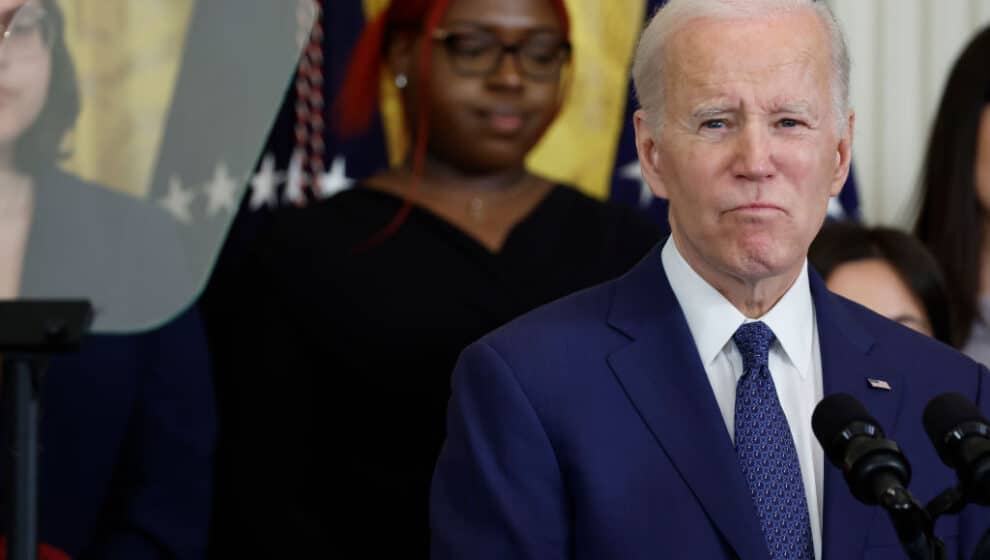President Joe Biden vetoed an anti-environmental, social, and corporate governance (ESG) bill this week—signifying a more confrontational attitude toward congressional Republicans.
Key Details
- President Joe Biden issued the first veto of his presidency on Monday against an anti-ESG bill that passed both houses of Congress in early March.
- The bill attempted to overturn a November U.S. Department of Labor rule that retirement plans would be allowed to weigh ESG issues in investing their money.
- The decision undoes a rule imposed by President Donald Trump that retirement account investors must solely focus on financial gains in investment decisions.
Why It’s News
ESG has become a hot topic for both parties, with Republicans making strong efforts to oppose government efforts that permit investors to weigh environmental considerations in their investing decisions, notably with retirement accounts. The bill passed congress with bi-partisan support from congressional Democrats Senator Jon Tester (MT) and Senator Joe Manchin (WV).
The veto marks further evidence of the Biden administration’s confidence in its political agenda, with President Biden becoming more emboldened by November’s narrow election victories to believe that his message is a winning path for Democrats going forward. Biden notes that voluntarily giving investors a choice to make their own investment decisions, with climate change or social considerations as a factor, is “common sense.”
Backing Up A Bit
As we previously reported, ESG considerations have become extremely popular in business, but they have notable critics. Investment firms like BlackRock have upheld ESG as a necessity, while firms like Vanguard argue that ESG indexes have underperformed and are irresponsible investments. Tesla CEO Elon Musk has dismissed ESG as “the devil.”
Notable Quotes
“The Department of Labor’s final rule protects the hard‑earned life savings and pensions of tens of millions of workers and retirees across the country,” says Biden.
“There is extensive evidence showing that environmental, social, and governance factors can have a material impact on markets, industries, and businesses. But the Republican-led resolution would force retirement managers to ignore these relevant risk factors, disregarding the principles of free markets and jeopardizing the life savings of working families and retirees,” he continues.
